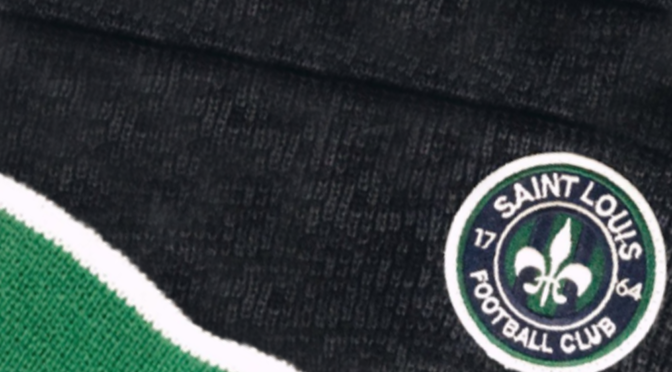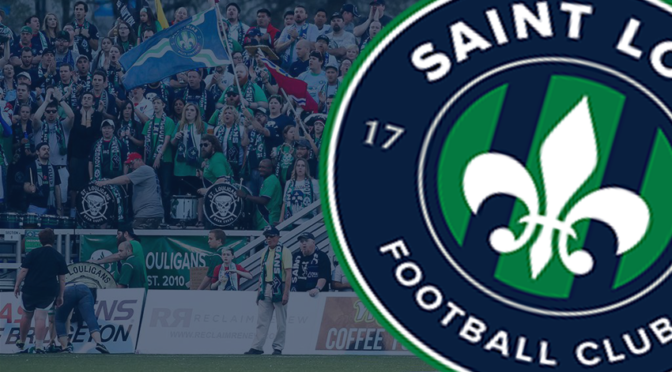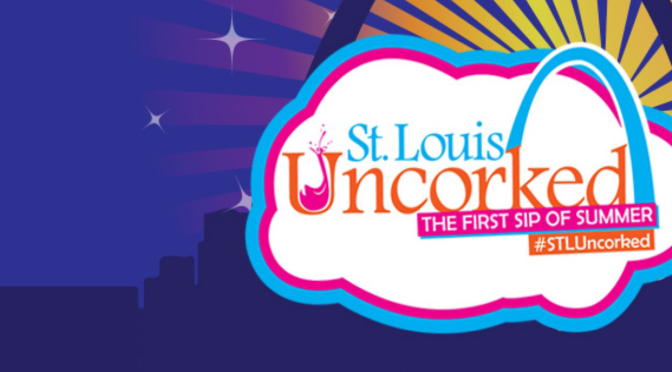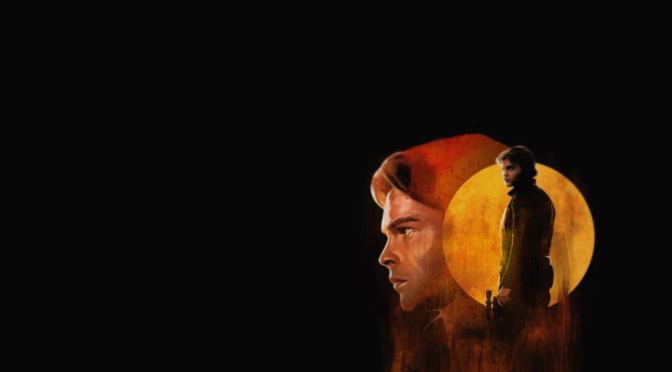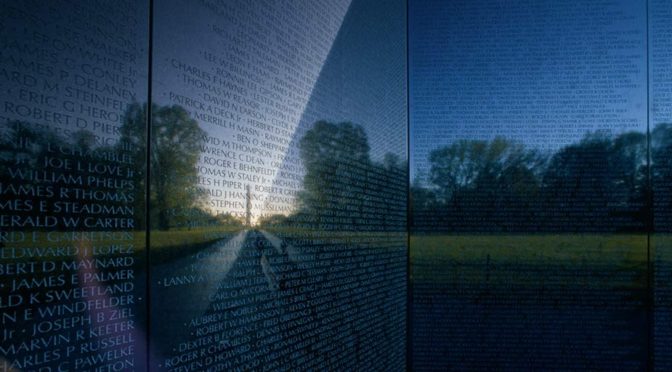New Per-Ounce Tax On Sweetened Beverages In Seattle Hits Soda, Gatorade & Red Bull
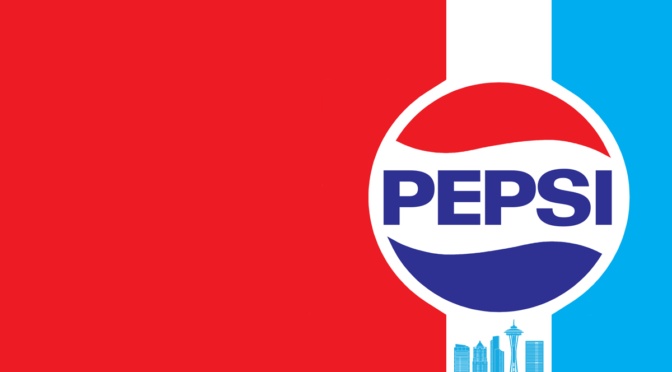
New Seattle Tax On Every Ounce Of Soda & Other Sweetened Beverages Went Into Effect January 1, 2018
Beginning on January 1, 2018, shoppers in Seattle saw the prices for soda and other sugar-sweetened beverages significantly increase. The cause was a new 1.75 cent per-ounce tax passed by the Seattle City Council back in June.
Seattle is the latest municipality in the United States to implement a so-called “soda tax.” A similar tax was enacted in Cook County, Illinois – which includes Chicago – in 2017. The tax lasted just four months before public opposition led to its repeal.
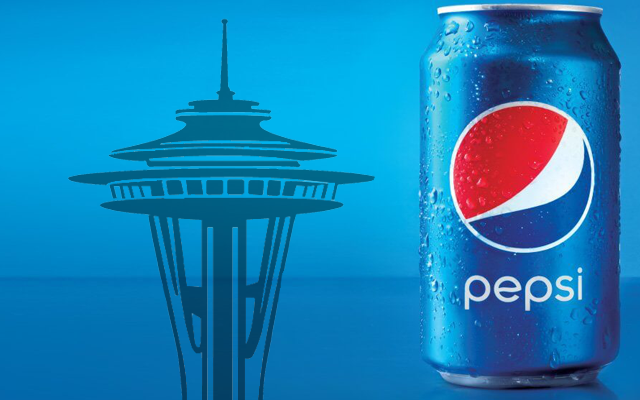
What Is A “Sweetened Beverage” In Seattle?
The Seattle tax, which passed the City Council by a 7-1 vote, includes a rather lengthy explanation of what a “sweetened beverage” is in regards to the new tax.
“Sweetened beverage” includes all drinks and beverages commonly referred to as soda, pop, cola, soft drinks, sports drinks, energy drinks, sweetened ice teas and coffees, and other products with added caloric sweeteners including but not limited to juice with added caloric sweetener, flavored water with added caloric sweetener, and non-alcoholic mix beverages that may or may not be mixed with alcohol or any other common names that are derivations thereof.
Diet sodas are not affected by the next tax. Drinks like Gatorade and Red Bull are, however. Beverages for medical use and weight loss are exempt, as are alcoholic beverages.
An example would be a 2-liter bottle of Pepsi, which would cost about $1.18 more. That same 2-liter bottle filled with Diet Pepsi would not be taxed.
The sweetened beverage tax is paid by beverage distributors. The increase at that point in the supply chain cause the increased prices on store shelves.
At least one retailer is being very up-front with consumers about why the price on their beverage of choice may have increased so dramatically.
A reporter in Seattle shared a photo of a sign posted in a Costco store in the city. The sign lists a regular price of $15.99 for a 35-pack of 16.9 ounce bottles of Gatorade. Right below, it lists the City of Seattle Sweetened Beverage Recovery Fee of $10.34. The new total for that case of Gatorade before sales tax? $26.33, an increase of more than 64 percent.
https://twitter.com/DeedeeKIRO7/status/949404423754694656
A separate Costco sign explains how consumers can avoid paying the increased prices. The sign lists two other Costco locations in the area that are just outside the Seattle city limits.
The Short-Lived Cook County Soda Tax
As a retailer that sells larger-volume packages of beverages, Costco was also at the forefront when Cook County, Illinois tested a sweetened beverage tax. That tax was in effect for just four months before public opposition led to a repeal.
The chain reported that sales of beverages affected by that $.01 per ounce tax were down 34% at its nine locations in Cook County. At the nine Costco locations right outside the county, sales were up 38%.
Organizations like the American Heart Association and the Illinois Public Health Institute had promoted the tax as a way to pay for the public health expenses linked to soda consumption.
Many proponents of the taxes push the public health aspect. Cook County commissioners had implemented the tax as a way to plug an estimated budget hole of $200 million.
Could A “Soda Tax” Be Coming To Missouri?
A bill has been introduced in the Washington State Legislature that would establish a tax of $.02 per ounce on sweetened beverages distributed in the state. A study cited in the bill estimates that consumers in the state consume 22 gallons of sweetened beverages each, on average. Using that estimate, each consumer would pay $56.32 on top of the normal cost of the beverages.
The bill proposes that revenues from the tax would be split equally between public health and education.
A tax on sweetened beverages in Missouri has not been proposed as of this writing. A 2010 article from the Show-Me Institute estimated that a tax of $0.01 cent per ounce on beverages like those included in the Seattle tax would have generated $285 million in just 2010. If beverages such as diet sodas were included, revenues could jump to $460 million.
The Missouri Beverage Association staunchly opposes any effort to enact a tax on sweetened beverages. The lobby group lists its other educational efforts on its website.
Brought to you by Mills Apartments






